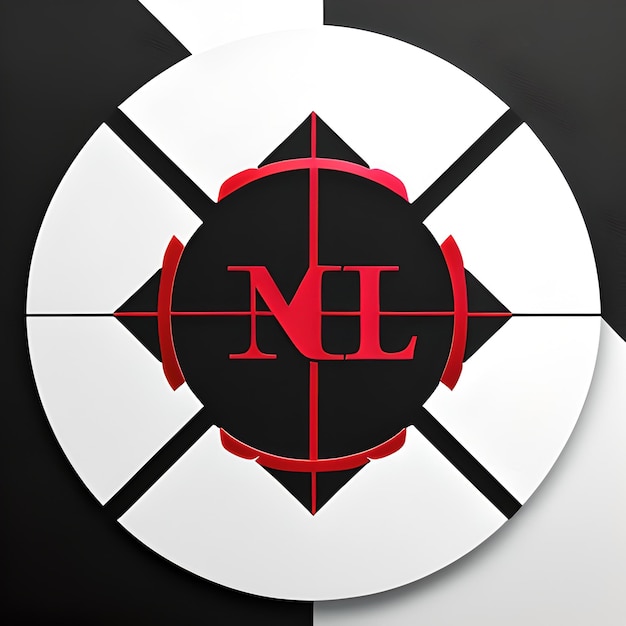
The Enduring Obsession: Big Brands and NFTs — A Tale of Hope and Uncertainty
NFTs: A Shaky Start for the Big Players
In the NFT world, even big brands have faced initial upheaval. Companies like GameStop eagerly launched NFT marketplaces, hoping to capitalize on the NFT trend. Just a year ago, GameStop was excited about their NFT platform, but now they’re closing it down due to “regulatory uncertainty in the crypto space.” These major brands have had to navigate a rapidly changing market, regulatory issues, and volatile digital token prices.
The Divisive Market: Critics vs. Believers
As with any new trend, NFTs have both critics and believers. The NFT market is a battleground for these opposing views. Critics argue that most NFTs are heading towards worthlessness. An analysis by dappGambl found that 69,795 out of 73,257 NFT collections had a market cap of zero Ether. This means they’re essentially worthless. Furthermore, 95% of NFT owners are experiencing losses, watching their digital assets lose value. Despite this, some NFT enthusiasts remain hopeful, seeing the current downturn as just a temporary setback and believing in the vision of Web3 and digital scarcity.
The NFT Landscape: Highs and Lows
You’ve probably heard stories of NFTs selling for millions, but the reality is often different. dappGambl’s analysis using data from sites like CoinMarketCap and NFT Scan revealed that most NFTs are worth nothing. Out of 73,257 collections, 69,795 had a market cap of zero Ether. Additionally, 95% of NFT owners are in the red, having lost money on their investments. This shows that while some NFTs might be incredibly valuable, many others are just sinking in the digital sea.
The 95% Dilemma: Are Digital Tokens Truly Worthless?
So, are NFTs really as worthless as these numbers suggest? Critics believe the data proves NFTs are a bubble about to burst. Enthusiasts, however, see the current dip as a temporary phase and remain optimistic about the future of Web3 and digital scarcity. The truth likely lies somewhere in between, with the NFT market embodying both hope and uncertainty.
The NFT Enthusiasts
Holding Onto Hope: The Believers’ Perspective
Some individuals remain steadfast in their belief in NFTs, viewing the current turbulence as just a bump in the road to digital success. They see NFTs as the beginning of a new era of digital ownership and scarcity, with Web3 as the ultimate goal.
The Struggles of Success: Why Even “Winning” NFT Projects Are Worried
Even successful NFT projects, like the Bored Ape Yacht Club, are facing challenges. They feel the pressure to maintain their success and are questioning whether there’s a genuine market for their digital assets. Celebrating success is difficult when the overall market is struggling.
Brands in the NFT Limelight
Stuck in the Game: Brands That Can’t Quit NFT Dreams
It’s not just individuals who are involved; big brands have also jumped into the NFT space. Companies like GameStop, Nivea, Anheuser-Busch, and Samsung have all ventured into NFTs, with varying degrees of success.
GameStop: From NFT Hype to Regulatory Retreat
GameStop rode the NFT wave enthusiastically but is now closing its NFT store due to regulatory concerns. Their initial excitement has given way to caution as they seek safer ground.
Nivea and Anheuser-Busch: Silent Stalls in NFT Ventures
Nivea and Anheuser-Busch also dipped their toes into NFTs but have since gone quiet. Their initial ventures have not been followed by further NFT projects, suggesting that their enthusiasm may have waned.
Samsung’s Realistic NFTs: Art or Artifice?
Samsung promoted its 8k TVs as perfect for displaying NFT art, but this raised questions about whether a TV can truly capture the essence of digital art in the same way a physical gallery does.
The Silent Explorers: Brands Using NFTs to Lock Content
Some companies are exploring NFTs quietly, using them in innovative ways. For example, Shopify developed a service allowing merchants to create blockchain-based products and “token-gate” users, granting access to exclusive content only to those who purchase NFTs.
CBS Studios: Patents and NFTs — A Star Trek Affair
CBS Studios filed a patent for more Star Trek NFTs, hinting at a future where NFTs could unlock exclusive, interactive experiences for fans.
NFT Development for Brands
Brands Hold on to NFTs to Keep Their Community Growing
Brands are using NFTs to foster loyalty and engagement. NFTs can serve as more than just collectibles; they can create a sense of belonging and offer a tangible way for customers to connect with the brand.
Choosing the Right NFT Development Company for NFT Brand Loyalty Programs
For successful NFT ventures, brands need to choose the right development company. This partner should understand the brand’s vision and have the technical expertise to create and maintain unique digital collectibles.
The Big Question
Can major brands reshape the narrative of NFTs and turn them into valuable assets for both themselves and their customers?
Can Major Brands Reshape the NFT Narrative?
Major brands have the power to influence the NFT market significantly. They bring trust, recognition, and resources, which could be game-changers. However, the market remains unstable, and brands must convince customers of the genuine value of NFTs.
The Uncertain Road Ahead: Convincing Customers to Invest
Brands need to show customers that NFTs offer real value and unique experiences. It’s their job to make the journey exciting and worthwhile, even amidst uncertainty.
The NFT Dreamers: Major Brands Still Holding Out for Their Lunar Voyage
Despite setbacks, major brands are not giving up on their NFT dreams. They’re in it for the long haul, hoping to make NFTs a valuable part of our digital future.
Conclusion
The journey of major brands into the NFT world is filled with hope and uncertainty. While challenges abound, the potential to reshape the NFT narrative is enticing. As this story continues to unfold, major brands remain key players, striving to make their mark in the evolving landscape of digital collectibles.